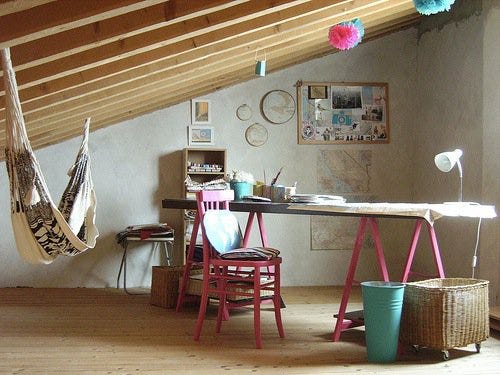A product has been added to the basket
Getting down to writing

Getting down to writing
“You sit...and you work, and that’s all there is to it.”
That is the secret of writing according to prolific American fiction writer Harlan Ellison. To many people, the writer is a figure shrouded in intrigue, their processes mysterious. Ellison however, casts aside these pretences and boils down the success of a writer to one simple concept: hard work. There are countless accounts from some of the greatest writers who attempt to explain how their masterpieces are produced. Truman Capote wrote almost exclusively in bed, while Phillip Roth writes on his feet, claiming to walk half a mile for every page that he writes. Stephen King writes 10 pages a day, whereas the epic writings of Irish genius James Joyce came at a rate of only a few sentences. Just as all writers have their own personal writing styles; it appears they all must tailor their working environment to suit their own personality. That being said, there surely must be difficulties that all writers encounter. From the distractions of modern life and the banality of a routine, to the search for inspiration, these are issues that affect any creative individual. With that in mind we spoke to four current writers from differing sectors about how they deal with common issues and the conditions they need to produce their very best: Getting Into A Routine… As in any self-employed profession, there has to be self-discipline in order to be a professional writer. Aside from lofty publishing deadlines, the main responsibility in setting goals and targets - as well as motivating oneself to work - lies with the person themselves. As such it is important to treat creative endeavours with the same attention as anything else and create a routine for yourself. Katie Weiland, writer of books such as Dreamlander and the writing resource book Structuring Your Novel speaks on the importance of her routine.
[column col="1/4"][/column] “I function best when I'm able to work within a routine. That routine means writing in the same place whenever possible. I work at a desk in my bedroom, sitting in a straight-backed chair to encourage good posture" Dealing With Distractions…
Procrastination is the bane of any creative worker. The creative stream can so easily be diverted to the many distracting tributaries that make up our lives. In an era when instant communication and entertainment is so accessible it can be hard to concentrate on one thing. For this reason, many writers choose to shut themselves away from the world while they work. Polly Samson, acclaimed short story writer and lyricist for the band Pink Floyd is party to that view. She works from the confines attic of her house:
[column col="1/4"]
[/column]
“I write in a room with a splendid view of the sea which is wasted on me as I have to block out all distractions. My room has thick brown curtains, always drawn and absolutely no Wi-Fi coverage.”
Finding Inspiration…
To some the outside world can be a cruel distraction when desperately trying to complete the next sentence, to others it can be the very basis of their work. Daniel Chandler discusses an idea similar to this in an article about differing types of writers in journalism; in particular, the ability to notice and incorporate the world around you in to your work can be important. Rosalind Shimmen is a writer for Verge Magazine and founder of Betcheslove.com, an online style guide. She thrives in a busy environment:
“Perhaps a little cliché for someone who works and is interested in fashion, but I seem to work best in my favourite coffee house. I like to take in the strong smells of coffee around me, the chitter chatter of the other workers and style inspiration from people I see through the other side of the glass, walking the streets of London.”
Taking a break…
Hours of intense writing, wracking one’s brain for the next perfect sentence can take its toll on our mind. We need to take a break, to forget about the world of our story. Even if it’s only for a few moments so that when we delve back in to writing with a clear head and a new perspective. It can be difficult so separating home and work as a writer and ‘taking a break’ cannot be underestimated. J. F. Penn, a bestselling author who was named in The Guardians top 100 creative professionals 2013, takes her work in to the city where she has more opportunity to escape:
“I write at The London Library, surrounded by fellow, silent writers. It means I leave the house and have a commute, which is a great change to working from home. Plus, when my word count is done for the day, I can meet friends for lunch or have meetings in central London, or just sit in St James' Park in the sun!"
There is essentially no certain method to maintaining productivity as a writer. All writers require different environments and timescales in order to complete their work. There are difficulties in any profession and writing is no different. There will be obstacles and it is your job to motivate yourself and to find the best conditions you can.













Comments
[…] ADDENDUM: I just found this post about other writers and their own “rooms” – check it out at www.penheaven.co.uk/blog/getting-down-to-writing/ […]
[…] ADDENDUM: I just found this post about other writers and their own “rooms” – check it out at www.penheaven.co.uk/blog/getting-down-to-writing/ […]